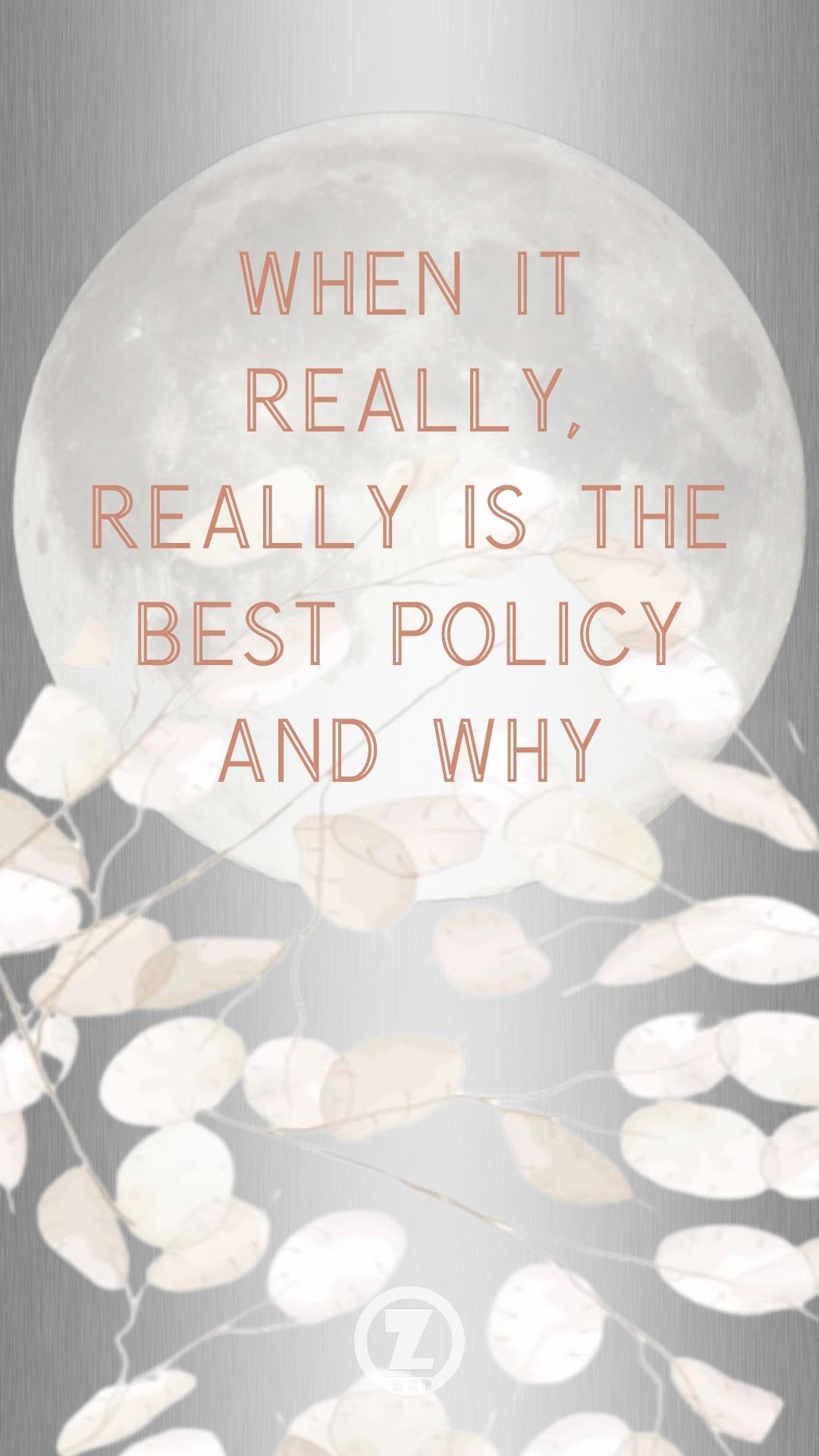“Honesty is
the first chap-
ter of the book
of wisdom.”
– Thomas Jefferson (1743 – 1826) 3rd US President
~~~
– Sign up to Zonr for Today’s Full SFZ
What honest admission have you felt the need to make, lately?
OR
Why does telling the truth about ourselves help us feel free?
~~~
Surrender – Billy Talent (4:07)
Story of “The Jaywalker” from the Big Book (1:30)
Inner Truth and Honest Admission Guided Meditation (6:31)
English Analysis
Today’s Zonr post presents honesty as both a challenge and a foundation for recovery. In It Works, How & Why, honesty feels unnatural at first. This insight highlights the tension between fear and truth. Jean-Paul Sartre wrote in Being and Nothingness that self-deception hides freedom. Likewise, denial shields us but blocks transformation.
The section from The Big Book offers a practical test. It suggests action over theory, proving truth through lived experience. William James, in The Varieties of Religious Experience, argued that genuine faith rests on action. This echoes the Big Book’s view that repeated effort reveals inner truth. Trying to stop drinking becomes both diagnosis and revelation.
Thomas Jefferson adds a timeless reminder. In calling honesty “the first chapter of the book of wisdom,” he links truth to growth. Jefferson believed knowledge builds on clear self-examination. In recovery, admitting weakness is the key to strength. The quote connects political philosophy to personal healing.
Taken together, these voices show honesty as more than morality. Honesty functions as a tool for freedom and survival. When truth feels risky, it also creates hope. Recovery invites a person to replace denial with courage. The union of Jefferson, Sartre, and James deepens this theme. They affirm that truth creates not only sobriety but also wisdom.
Traducción al Español
Citas de SFZ
CONSUELO EN UNA ADMISIÒN HONESTA –
“Cuando comenzamos
a practicar estos
principios, pueden
parecernos muy
antinaturales. Incluso
aunque admitamos
nuestra adicción, todavía
podemos preguntarnos
si este programa
realmente funcionará.”
(It Works, How & Why,
p. 7)
VIVIR EN LA NEGACIÓN PUEDE PONERSE A PRUEBA FÁCILMENTE –
“No nos gusta
declarar a nadie
como alcohólico, pero
puedes diagnosticarse
rápidamente… Intenta
beber y detenerte
bruscamente. Inténtalo
más de una vez. No
tardará en decidirse,
si eres honesto contigo
mismo al respecto.”
(The Big Book,
pp. 31–32)
“La honestidad es el primer capítulo del libro de la sabiduría.”
– Thomas Jefferson (1743–1826), 3er Presidente de los EE. UU.
Análisis
El pasaje presenta la honestidad como desafío y fundamento de la recuperación. En It Works, How & Why, la honestidad parece antinatural al principio. Esta idea revela la tensión entre miedo y verdad. Jean-Paul Sartre escribió en Being and Nothingness que el autoengaño esconde la libertad. Asimismo, la negación protege, pero bloquea la transformación.
La sección de The Big Book ofrece una prueba práctica. Sugiere la acción sobre la teoría, demostrando la verdad mediante la experiencia vivida. William James, en The Varieties of Religious Experience, afirmó que la fe auténtica se basa en la acción. Esto refleja la visión del Big Book de que el esfuerzo repetido revela la verdad interior.
Thomas Jefferson aporta un recordatorio eterno. Al llamar a la honestidad “el primer capítulo del libro de la sabiduría,” conecta verdad con crecimiento. Jefferson creía que el conocimiento se construye sobre una autoevaluación clara. En la recuperación, admitir debilidad es la clave de la fortaleza. La cita une la filosofía política con la sanación personal.
En conjunto, estas voces muestran la honestidad como algo más que moral. La honestidad funciona como herramienta de libertad y supervivencia. Cuando la verdad parece riesgosa, también crea esperanza. La recuperación invita a reemplazar la negación con coraje. La unión de Jefferson, Sartre y James profundiza este tema. Ellos afirman que la verdad crea no solo sobriedad, sino también sabiduría.
Pregunta: ¿Por qué decir la verdad sobre nosotros mismos nos ayuda a sentirnos libres?


Leave a Reply